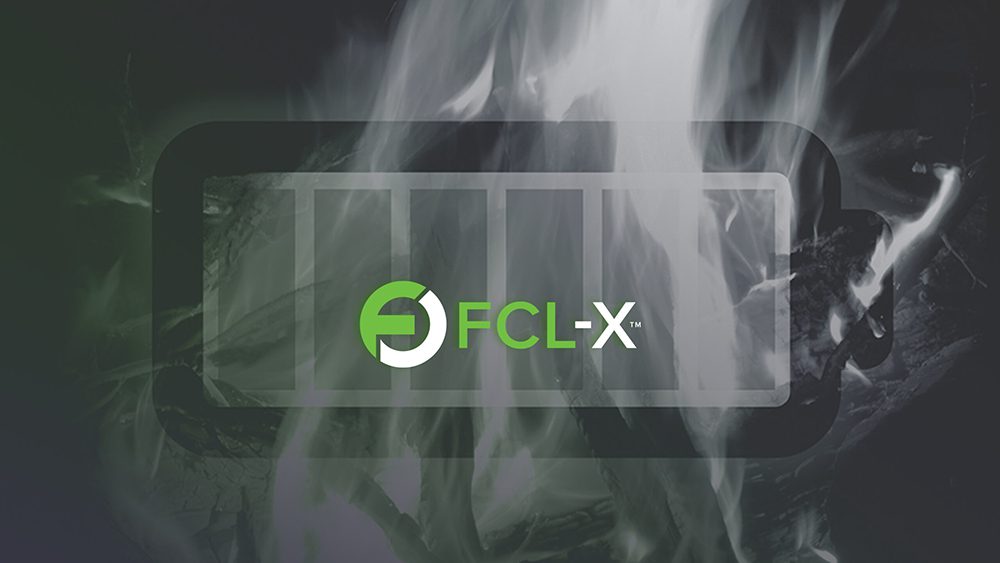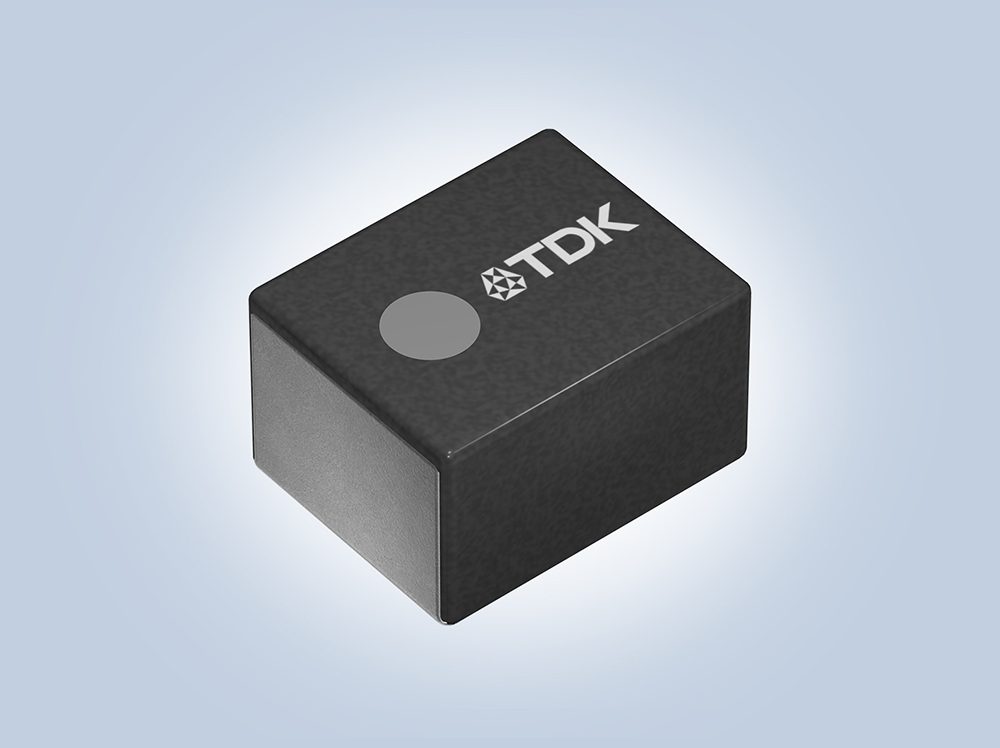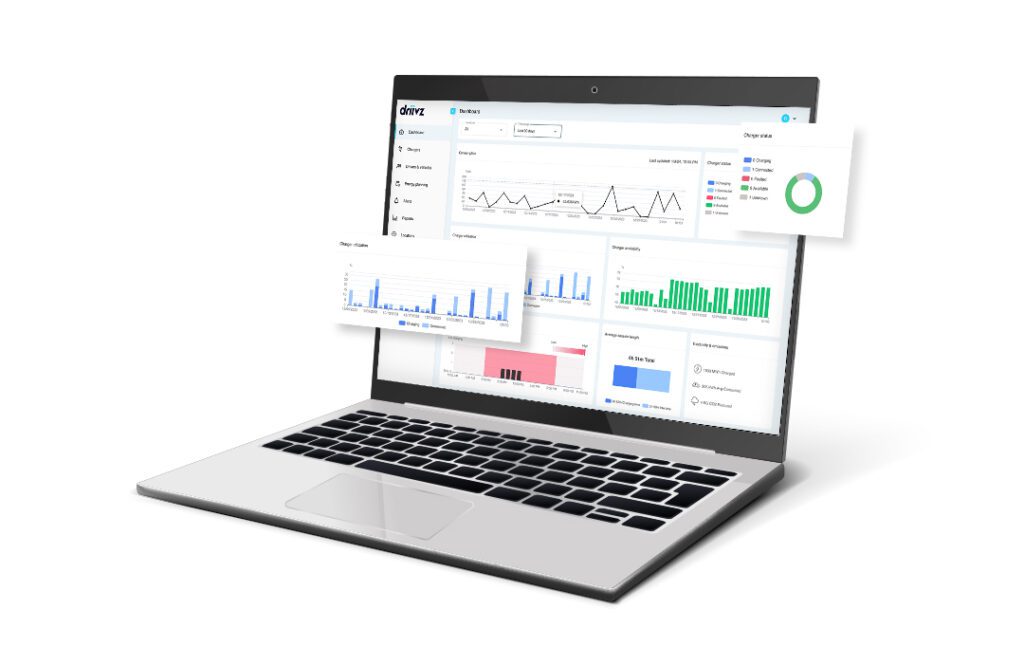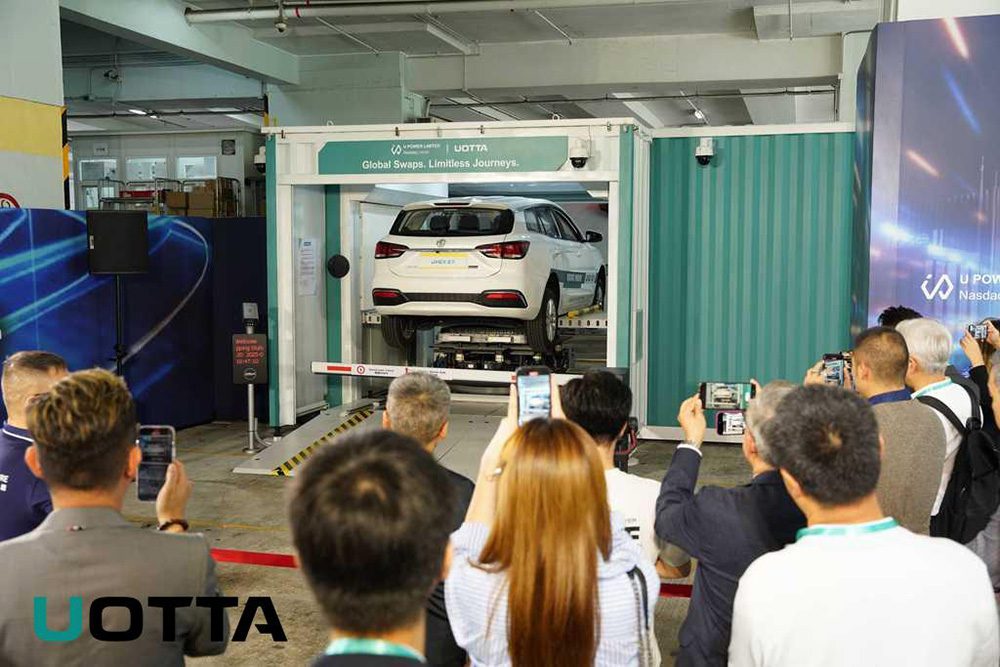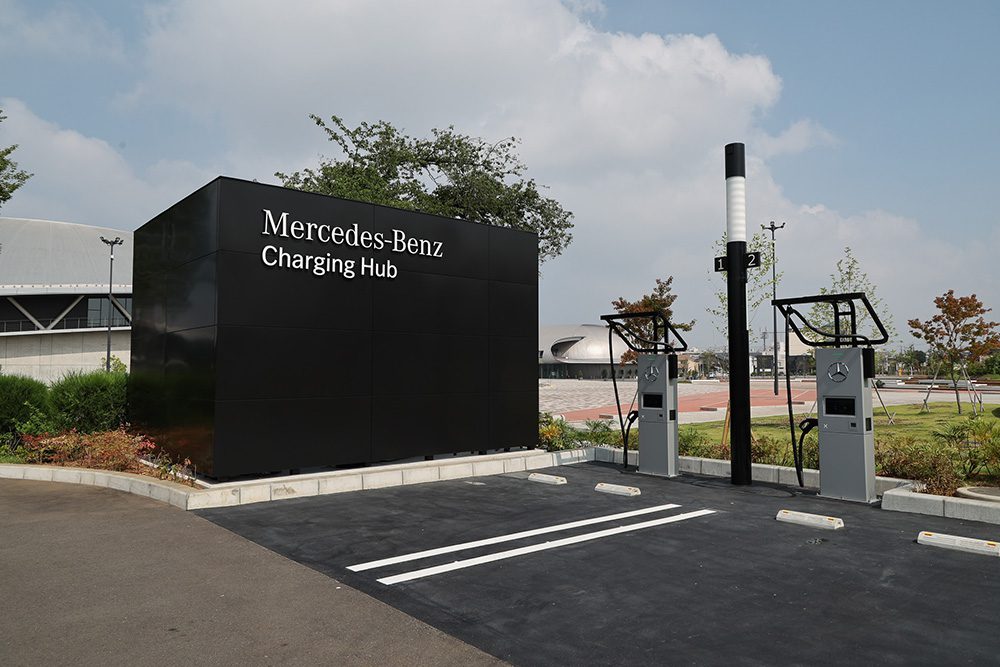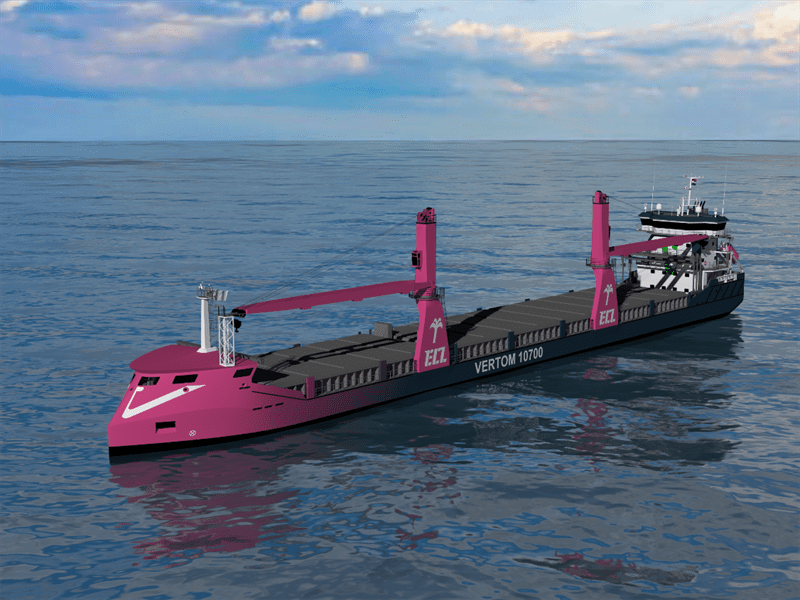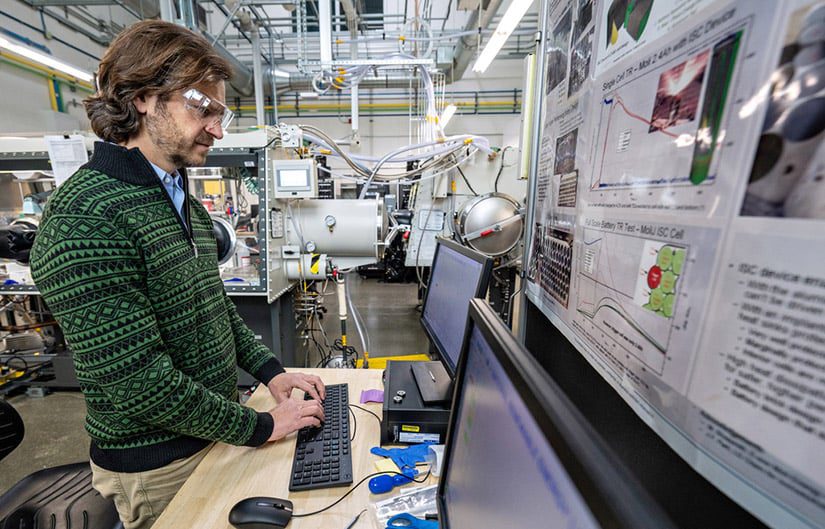Enevate, a battery technology company based in Irvine, California, has launched its fourth-generation XFC-Energy battery technology, which offers 800 Wh/L cell energy density and achieves five-minute charging to 75 percent capacity, according to the company.
The XFC-Energy technology is designed for large-format pouch, prismatic, and cylindrical EV cells. It uses pure silicon anode technology with 10-60 µm thickness and 1,000-2,000 mAh/g. It can be paired with nickel-rich NCA, NCM811, NCMA, low-cobalt, or other advanced cathodes.
Enevate is currently working with multiple automotive OEMs and battery manufacturers to commercialize its technology for 2024-2025 model year EVs.
Benjamin Park, Enevate Founder and CTO, said, “Enevate’s charge technology enables a future where gas stations become drive-through EV charging stations, a win-win for consumers and the environment as electric vehicles replace those using gasoline.”
John Goodenough, a recipient of the 2019 Nobel Prize in Chemistry and prior Advisory Board Member at Enevate, said, “I salute the Enevate team for reaching this next important step in fulfilling the company’s mission to develop and commercialize innovative battery technologies to accelerate the adoption of electrified mobility.”
Enevate claims that other XFC-Energy details include:
- Achieves 340 Wh/kg in large-format EV cells.
- Continuous roll-to-roll anode manufacturing processes designed and capable of achieving over 80 meters per minute electrode production, over 10 GWh per electrode production line, with pure silicon anode rolls greater than 1 meter wide and longer than 5 kilometers in length sufficient for high volume gigafactory production, among other features.
- Lower anode material cost (dollar per kWh) than conventional and synthetic graphite.
- When paired with a high-nickel cathode, capable of over 1,000 cycles using an EV drive cycle test and operation at -20˚C and below temperatures.
- Bottom line: Extreme fast charging, high energy density, low temperature operation, low cost and superior safety.
Source: Enevate






































